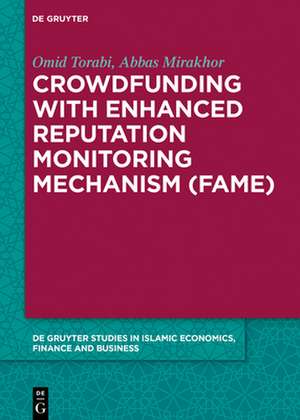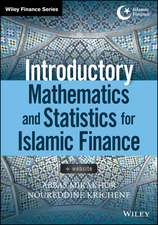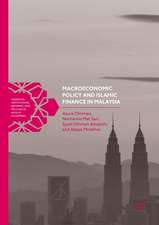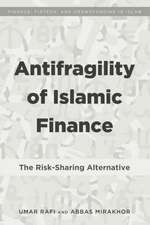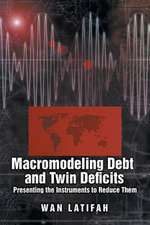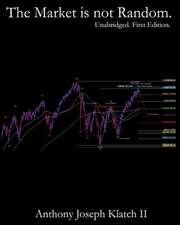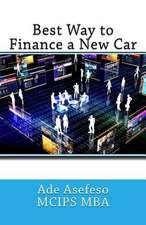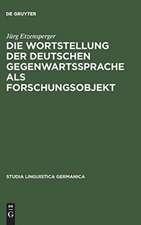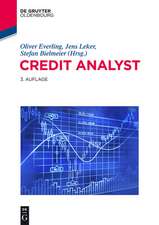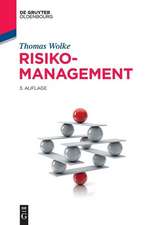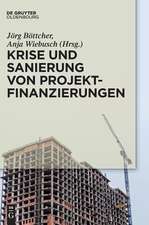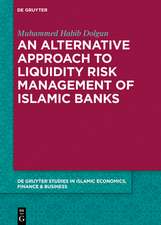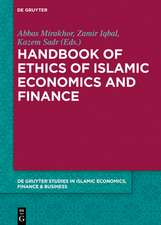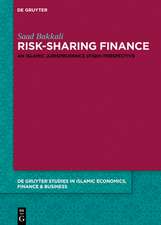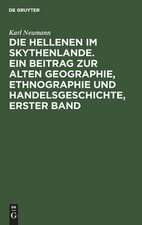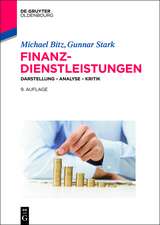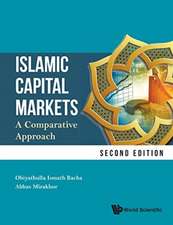Crowdfunding with Enhanced Reputation Monitoring Mechanism (Fame): De Gruyter Studies in Islamic Economics, Finance and Business
Autor Torabi, Omid, Abbas Mirakhoren Limba Engleză Hardback – 9 feb 2020 – vârsta de la 22 ani
Crowdfunding is fast becoming a method of mobilizing project finance ventures, particularly in a sharing economy. From an Islamic finance perspective, it is imperative to first address the Islamic crowdfunding system before looking further into Fintech trends impacting the Islamic finance landscape. Moreover, the element of risk sharing which is found in equity crowdfunding makes up the essence of Islamic finance.
However, as with any type of risk-sharing contract, Islamic crowdfunding faces the problem of lack of trust and information asymmetry. The author employs a game theory approach to Islamic crowdfunding as a means to tackle the issue of information asymmetry through a "reputation mechanism" which is touted as one of the latest means of solving information asymmetry in web-based social networks. The primary objective of the reputation mechanism is to enable more efficient transactions in communities where cooperation is compromised by post-contractual opportunism or information asymmetry. In today's web-based world, the role of reputation has become much more important as a mechanism for establishing trust and eliminating the risk of fraud in online transactions.
The game theory approach in this study involves two different games: "without Fame" and "with Fame," and it is proposed that a "with Fame" crowdfunding game produces better results. The reputational mechanism in this research was also designed specifically to eliminate any potential moral hazards and minimize information asymmetry. In this study, "Fame" refers to the credibility of every individual within the crowdfunding system. Fame is a form of systematic, measurable and computable (implicit and explicit) reputation, which allows other members of the crowdfunding social network to better learn about the individual and their credibility. This is based on the user's banking/ financial credit, social credit, participation (activities) history and their success in previous transactions.
Preț: 606.03 lei
Preț vechi: 739.06 lei
-18% Nou
115.98€ • 120.77$ • 98.02£
Carte disponibilă
Livrare economică 17 februarie-03 martie
Livrare express 01-07 februarie pentru 33.90 lei
Specificații
ISBN-10: 3110579987
Pagini: 230
Dimensiuni: 170 x 240 x 16 mm
Greutate: 0.54 kg
Editura: De Gruyter
Seria De Gruyter Studies in Islamic Economics, Finance and Business
Notă biografică
Omid Torabi is currently memder of board at Tosan; an IT company specialized in the provision of banking software solutions for financial, banking and payment industries. He was formerly CEO of Innovation & Development sdn bhd(IDCORP) and Tosan Data miners (TIDM), specialist companies in Fintech, knowledge discovery and financial Business Intelligence solutions. He has worked also for around 18 years in the field of banking software in Tosan (one of the largest banking software companies in Iran) as Product manager of Islamic core banking solution, banking dashboards, Trade finance solutions and etc. Omid graduated with computer engineering degree from Polytechnic of Tehran, and holds an MBA in Information Technology from IMI of Iran, and holds PhD in Islamic finance at INCEIF, Malaysia.
Abbas Mirakhor joined INCEIF in 2010 as Distinguished Scholar and the First Holder of INCEIF's Chair in Islamic Finance. His research interests include conventional and Islamic economics and finance. He is a graduate of the Kansas State University, USA, where he received his Bachelor, Master and PhD Degrees in Economics. In 1968, he started his academic career with University of Alabama, USA. Mirakhor has worked as a professor of economics at the University of Alabama, Alabama A&M University, and the Florida Institute of Technology. In 1984, he joined the IMF in Washington DC as an economist. He spent 24 years with the IMF, serving as the organisation's Executive Director and Dean of the Executive Board, retiring in 2008.
